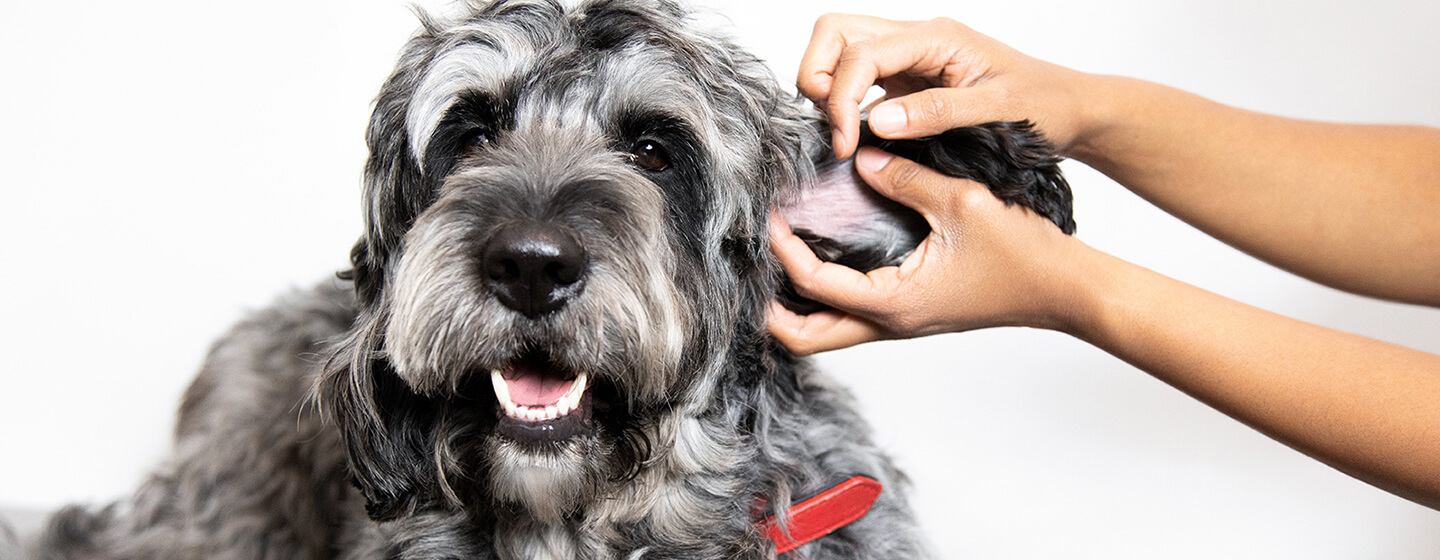You can tell if your dog has fleas by looking for excessive scratching, redness or irritation on the skin, visible black specks, and tiny insects moving through their fur. Flea dirt, which looks like black pepper, may also be present on your dog’s skin or bedding.
Detecting these signs early can help you prevent a full-blown infestation. Fleas not only cause discomfort to your pet but also spread diseases, so it’s crucial to address the issue promptly. By being vigilant and taking preventive measures, you can ensure your furry friend stays healthy and free from these pesky parasites.
Regular grooming and using flea prevention products can go a long way in keeping your dog flea-free. Keep reading to learn more about identifying and managing flea infestations to protect your beloved pet.
Common Symptoms Of Flea Infestation
Excessive Scratching: If your dog is continually scratching or biting at their skin, it could be a sign of flea infestation. Dogs can experience intense itching due to flea bites, leading to constant scratching or licking of the affected areas.
Red or Irritated Skin: Flea bites can cause redness and irritation on your dog’s skin. Check for any unusual red patches or inflamed areas, especially around the neck, tail, and belly, where fleas are most commonly found.
Presence of Flea Dirt: Flea dirt, which looks like tiny black specks on your dog’s fur, is a clear indicator of flea infestation. To check for flea dirt, comb your dog’s fur with a fine-toothed comb over a white paper towel and look for any small black particles that fall onto the towel.
Conducting A Thorough Coat Inspection
When inspecting your dog’s coat for fleas, it is crucial to thoroughly check for any signs of fleas, flea eggs, or flea dirt. Begin by combing through your dog’s fur, paying close attention to any dark specks or gritty residue, as these can be indicators of flea dirt. Additionally, be on the lookout for live fleas or flea eggs, which tend to resemble small white grains. A regular grooming routine can help in identifying a potential infestation. By maintaining a consistent grooming schedule, you can spot any unusual changes in your dog’s skin or coat, allowing you to promptly address any flea-related concerns. Conducting a comprehensive coat inspection and grooming routine is essential for the early detection of fleas, ensuring your dog’s well-being.
Effective Strategies For Preventing Flea Infestations
Consistent use of flea preventatives is crucial in keeping fleas at bay. Ensure regular veterinary check-ups are scheduled to monitor your pet’s flea activity and overall health. Additionally, cleaning and vacuuming living spaces on a routine basis will help eradicate any potential flea habitats.

Credit: www.purina.co.uk
Frequently Asked Questions Of How Can You Tell If Your Dog Has Fleas
How Do I Check My Dog For Fleas?
To check your dog for fleas, part its fur and look for small, dark bugs or tiny black specks. Use a flea comb to go through its fur and see if you find any fleas or flea dirt. Pay special attention to areas like the neck, back, and tail.
Can My Dog Have Fleas If I Don’t See Them?
Yes, your dog can have fleas even if you can’t see them. Fleas are small and can easily hide in your pet’s fur. Regular flea prevention is necessary to keep your dog flea-free.
What Are Symptoms Of Fleas On Dogs?
Common symptoms of fleas on dogs include frequent scratching, biting, restlessness, red or irritated skin, hair loss, and flea dirt (small black specks) on the fur. Keep an eye out for these signs to ensure your dog’s health and comfort.
Regular grooming and flea prevention can help manage this issue.
What Kills Fleas On Dogs Instantly?
To kill fleas on dogs instantly, use a fast-acting flea treatment such as oral medication or topical spot-on products. These treatments quickly eliminate fleas and provide immediate relief for your dog. Regular grooming and cleanliness can also help prevent flea infestations.
Conclusion
Keeping an eye out for common signs like excessive scratching, hair loss, and redness is crucial. By regularly grooming and using preventative measures, you can protect your furry friend from these pesky parasites. Discuss with your vet for the best approach.
Your dog’s comfort is worth it.


